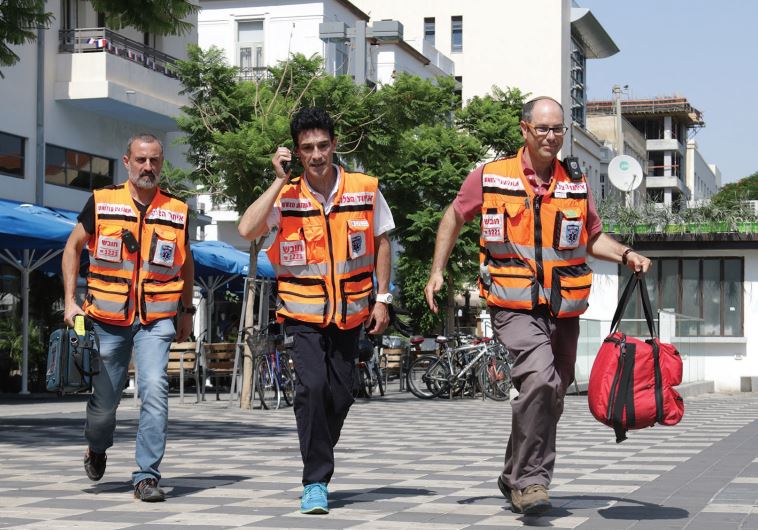United Hatzalah to expand Trauma and Crisis Response Unit
“What once started out as a dream, has now become the cutting edge of emergency psychological response.”
 UNITED HATZALAH medics are ready for duty around the clock(photo credit: UNITED HATZALAH)
UNITED HATZALAH medics are ready for duty around the clock(photo credit: UNITED HATZALAH)